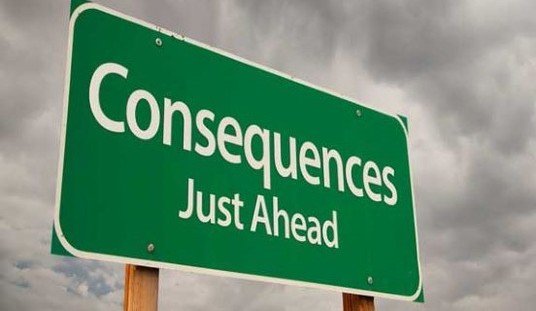Journalists really are the worst. There are exceptions: We can understand how a war correspondent could face a stressful environment. But according to journalists themselves, they’re all war correspondents. As Katy Tur once famously said, they’re the firefighters running toward the flames.
USA Today’s editor-in-chief, Nicole Carroll, has a new opinion piece about the waves of trauma that lead to journalist burnout.
"Journalists carry trauma 'on our souls'," USA TODAY Editor in Chief Nicole Carroll for @usatodayopinion. “Our industry, of course, is not the only one. Health care workers, educators, first responders and many others face new pressures.”https://t.co/J0Dq1McFdw
— USA TODAY (@USATODAY) November 23, 2022
Recently, USA TODAY had Bruce Shapiro, executive director of the Dart Center for Journalism and Trauma, a project of Columbia University Graduate School of Journalism, come talk about trauma, burnout and how to cope. pic.twitter.com/8jWC29nJSd
— USA TODAY (@USATODAY) November 23, 2022
Do an activity that involves deep rhythmic breathing … They’re actually doing it! They’re following the New York Times’ advice for dealing with election anxiety, such as “breathing like a baby” or sticking your face in a bowl of ice water.
Carroll writes:
Even if we don’t see things firsthand, we constantly write about shootings, edit graphic images and videos, interview those left behind.
“We are engaged in constant empathetic engagement with often profoundly traumatized and vulnerable sources and communities – and we carry those on our souls,” said Bruce Shapiro, executive director of the Dart Center for Journalism and Trauma, a project of Columbia University Graduate School of Journalism.
“We are covering events that often breach our personal sense of safety or our personal sense of what’s right in the world and may disrupt our own sense of values.”
And to compound the stress: Journalists are under attack like no other time in American journalism. They’ve spent the past three years covering a pandemic while also dealing with their own or loved ones’ illnesses. The issues they cover for the public – racism, misogyny, LQBTQ attacks – become quite personal. The industry is squeezed by economic pressures and cutbacks.
Racism! Misogyny! LGBTQ attacks!
Yeah that'll be 8 bucks
— Spencer Clemens (@SpencerClemens9) November 23, 2022
I carry trauma from “journalism”
— Justin (@JLarge53) November 23, 2022
— Lori – Breaker of Curfews (@lori_socal) November 23, 2022
Good grief.
— Stacks Covfefe (@Chaz_Covfefe) November 23, 2022
I’m sorry this is happening to you.
— Justin Sartler (@Miltownscrilla) November 23, 2022
Journalists right now. pic.twitter.com/mLh8kTtFG3
— Ken Bayes (@a_magillacutty) November 23, 2022
See! We are just like those brave firefighters!
— Don Helpingstine (@dhelpingstine) November 23, 2022
— Honkey Tonk Neanderthal (@im4evergrateful) November 23, 2022
The irony abounds.
— Amy Silverman (@amysilvermanaz) November 23, 2022
https://twitter.com/AsteroidRedux2/status/1595457007045443584
Hopefully someone will be able to help you guys down from that cross.
— TheQuestionIs ⚡️ (@WhoDecides_) November 23, 2022
Most tonedeaf thing ever posted on Twitter
— Jack Eckensviller (@jackeckensville) November 23, 2022
Just report the news. Nothing more.
— SHEEPLSUCK™️🇺🇸 (@sheeplsuck2) November 23, 2022
People really should mock journalists even more than they do.
— Dok (Version 1.1) (@ScienceJesus) November 23, 2022
You don’t hate journalists enough
You think you do but you don’t https://t.co/xoSX6tPBtV
— Auron MacIntyre (@AuronMacintyre) November 23, 2022
Journalists might be admired if they managed to soak up all of that “trauma” like everyone else does. Who is this article for? Other journalists, obviously, because they love to hear how difficult their jobs are.
***
Editor’s Note:
Help us keep owning the libs! Join Twitchy VIP and use promo code AMERICAFIRST to receive a 25% discount off your membership!
Related:
NYT & WaPo reporters ‘digitally crap their pants’ in Twitter space over Musk buying Twitter (thread)https://t.co/kNXZvI3F47
— Twitchy Team (@TwitchyTeam) October 28, 2022
























Join the conversation as a VIP Member